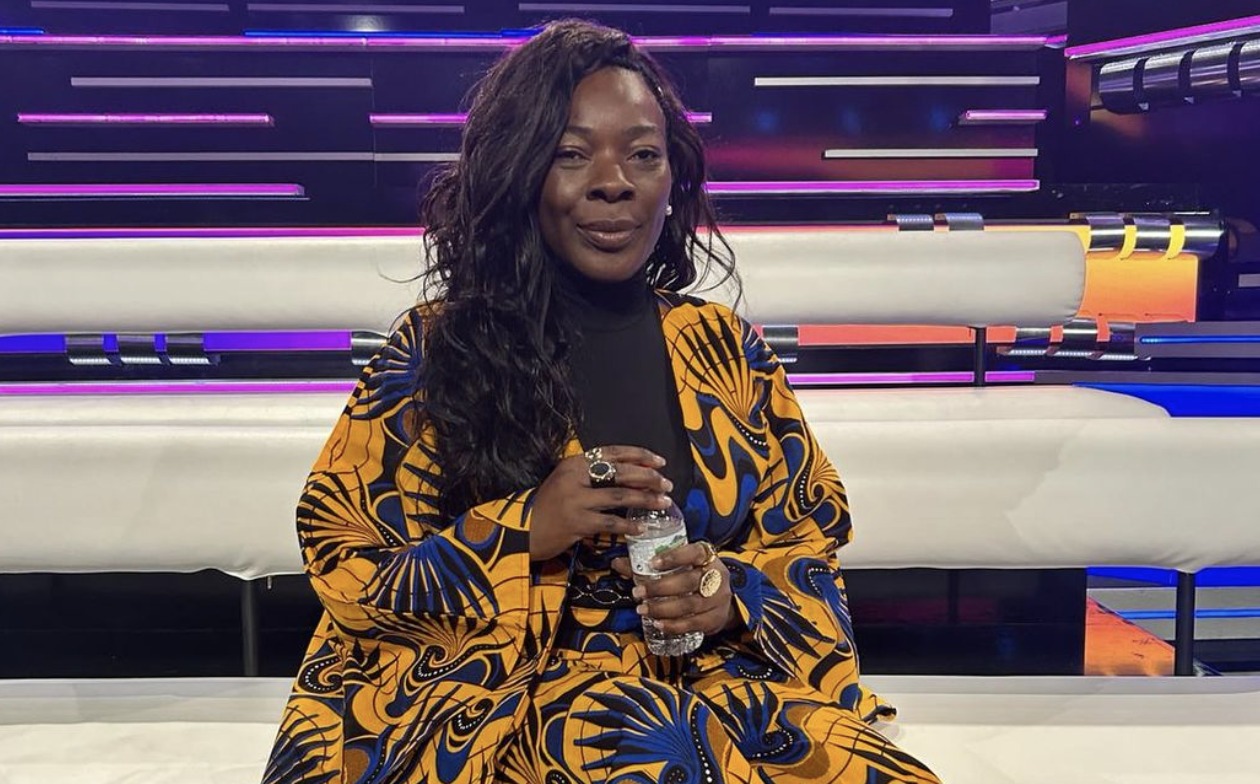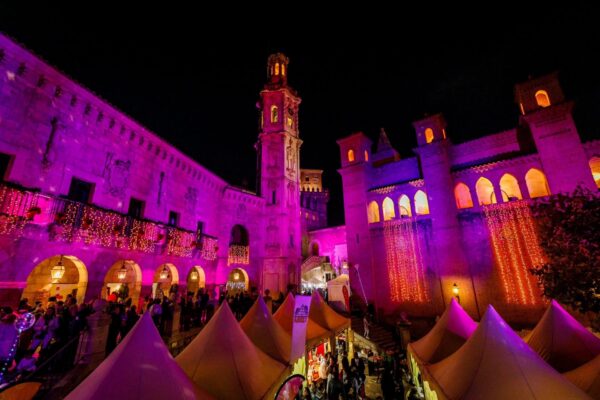With her unique blend of flamenco, copla, jazz, soul, and Afro-Cuban rhythms delivered in a gritty, full.bodied voice, Concha Buika – often known simply as Buika – has been mesmerizing audiences worldwide for the best part of two decades. Dubbed the “singer from everywhere” by the New York Times, Concha has also flirted with pop, rumba, R&B and soul since her remarkable debut solo album in 2005. “I don’t know what I do, I don’t know how I do it and I don’t know why I do it. I just know that I have to do it,” she has said of her irrepressible passion for her art. Born María Concepción Balboa Buika in 1972, in Palma de Mallorca, Buika’s distinctive gravelly voice and emotional depth have made her one of the most compelling artists of her generation.
Buika was born to parents from Equatorial Guinea who were part of the Bubi ethnic group. Growing up in a predominantly white neighborhood in Palma, Buika often felt like an outsider, but it was this very sense of otherness that fueled her artistic journey. “I grew up in a world where the wings of your dreams were cut off very quickly. My neighborhood was not a neighborhood for having big dreams. I didn’t grow up in a family environment or in a neighborhood where you could dream of great things.”
Even so, she listened. She listened to the music around her, the music of the vibrant local gypsy community: “Flamenco was everywhere. It came in through the windows,” she would later recall. Meanwhile, jazz, soul, and African rhythms resonated at home and pop culture further fired her imagination. “I loved Michael Jackson and Madonna,” she says. “I styled my hair like Whitney Houston.”
Concha got her first lucky break aged just at 17, after one of her aunts turned down a cheap gig at a local blues club and persuaded her to do it instead. “I was terrified. I didn’t know any blues songs, but I wanted the money, so I invented the lyrics in my bad English.” Later, in 2000, she jetted off to Las Vegas and worked in a casino as a Tina Turner and Diana Ross impersonator. “I’ve never been scared to travel. The world has always called me. I was chasing music. I wanted to sing”.
Her travels and her determination to do her own thing brought her back to Spain. Working the jazz-club circuit of Madrid, her deep, smoky voice caught the attention of musicians and producers. In 2005, she released her self-titled debut album, Buika to wide critical acclaim in Spain. However, it was her 2006 album, Mi Niña Lola, that catapulted her to international stardom. Produced by the phenomenally successful Javier Limón, the album features an irresistible blend of flamenco and traditional coplas – songs of love and pain. It earned her a string of awards, including the prestigious Ondas Award for Best Album.
Buika is endowed with a remarkably fearless approach to music, refusing to be straitjacketed by genre, blending flamenco’s passionate intensity with the improvisational spirit of jazz, the painful longing of Portuguese fado and the soulful depths of blues. Her voice, often described as “liquid gold,” is capable of conveying a wide range of emotions, from heart-wrenching sorrow to ecstatic joy. “I sing the truth. I sing about love. I sing to let the things inside me out so they don’t hurt me.”
Buika’s collaborations with renowned artists like Chucho Valdés, Nelly Furtado and Carlos Santaana have further expanded her musical reach and popularity. She has also lent her haunting vocals to film soundtracks, most notably in Pedro Almodóvar’s The Skin I Live In. She sings “with her heart ripped apart”, said the director. She has a Latin Grammy to her name, plus two US Grammy nominations, as well as two books of poetry. She’s also a judge on Amazon Prime’s singing talent show Operación Triunfo, which airs in Spain and across Latin America and the Caribbean.
Beyond her musical achievements, Buika is a symbol of cultural fusion and resilience. She embraces her African heritage while celebrating her Spanish roots, creating a sound that is uniquely her own. In her own words, Buika describes her music as a “constant exploration of feelings and emotions,” a journey that transcends borders and speaks to the human experience and the power of song.
“Music is a miracle”, she says. “Imagine yourself in the same theater, sitting next to each other and you all applaud as one, react as one, get excited as one. There are people of different creeds, political ideas and we are all united in that magical moment.”
Photo: Instagram @buikamusic








